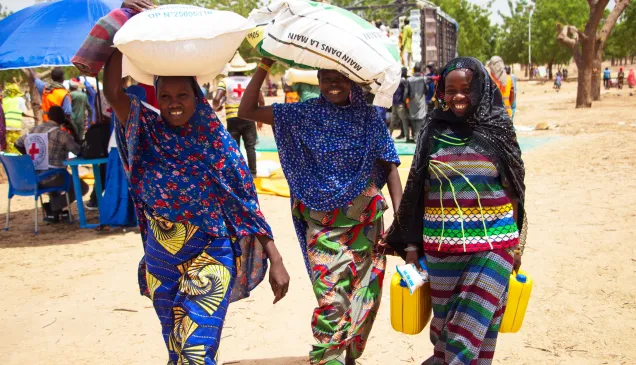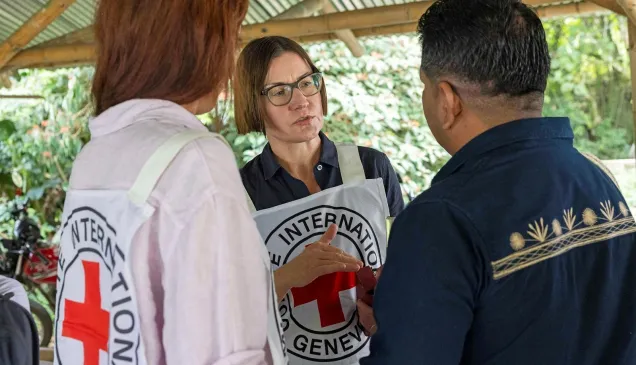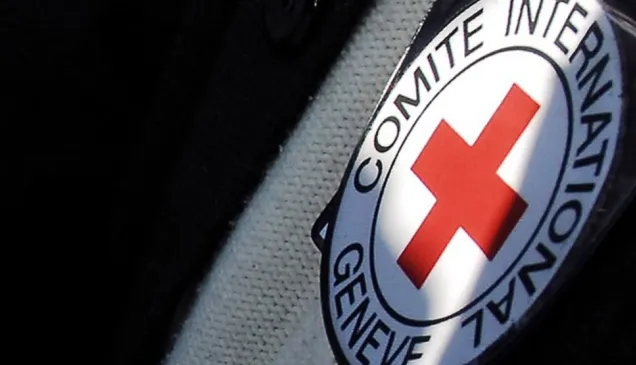The ICRC co-launches the Geneva Global Hub for Education in Emergencies
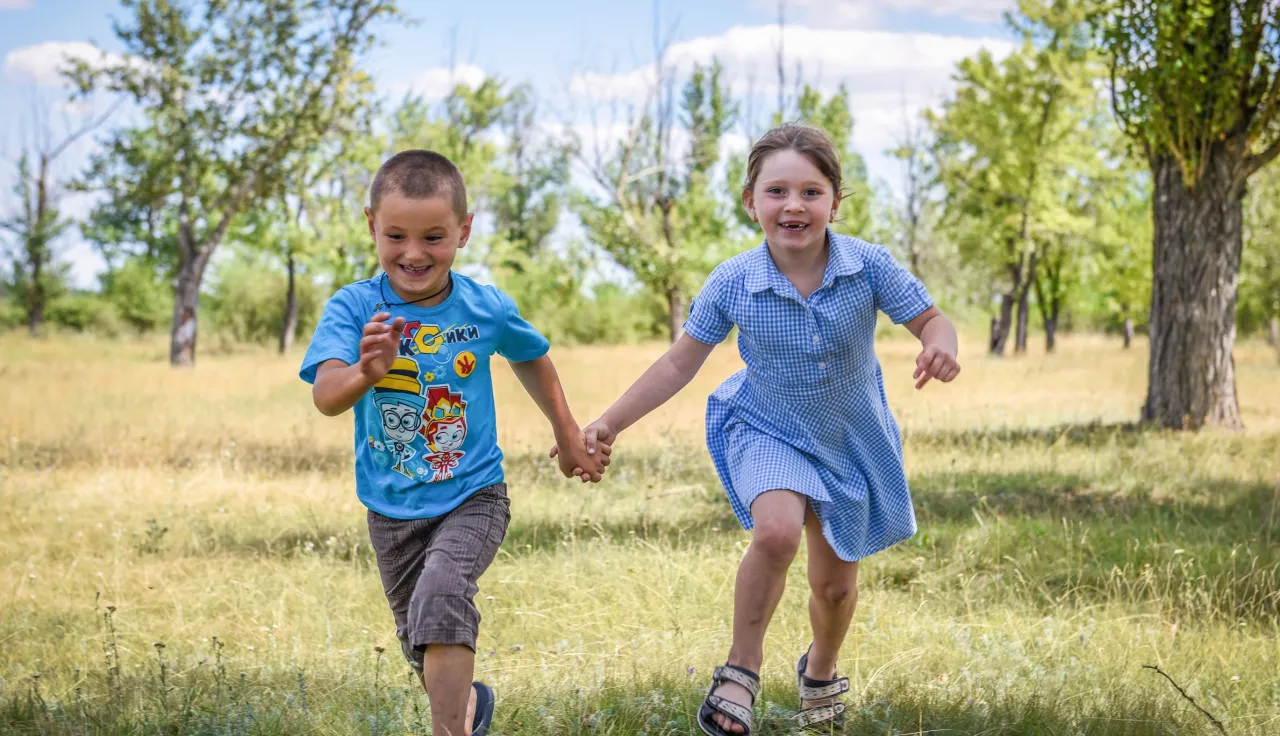
On the occasion of the 2021 International Day of Education, the ICRC and other organizations launched the Geneva Global Hub for Education in Emergencies on 25 January. This initiative is based on a pledge issued at the 2019 Global Refugee Forum by ten key institutions to join forces and collectively make a difference for the education of crisis-affected and displaced children and youth.
The Hub will be based in Geneva, Switzerland, and include representatives from the Education Cannot Wait, the Global Education Cluster, UNICEF, UNESCO, UNHCR, the Inter-Agency Network for Education in Emergencies (INEE), the Swiss Federal Department of Foreign Affairs, the University of Geneva, the Graduate Institute and the ICRC.
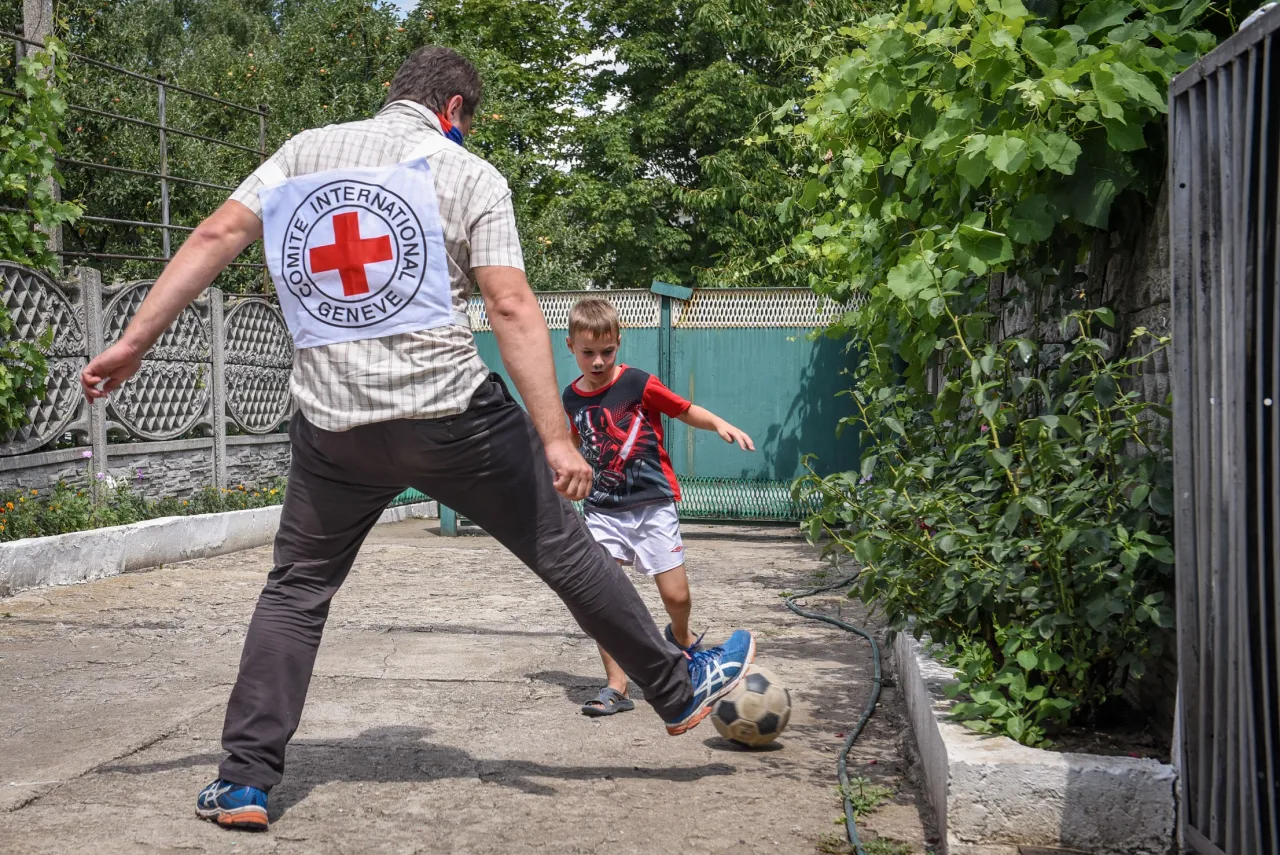
The Hub is being launched on the occasion of the 2021 International Day of Education. The immediate and sustained disruption of education is one of the direct consequences of armed conflict and violence, significantly undermining the continuity of an essential public service. Helen Durham, ICRC's Director of Law and Policy, spoke at the occasion of the official launch. She highlighted ICRC's work in the area of access to education and explained ICRC's contribution to the Hub.
"As a relatively new actor in the education in emergencies "sector", we greatly value initiatives that bring together different actors around the common goal to protect and support education."
— Helen Durham, ICRC's Director of Law and Policy
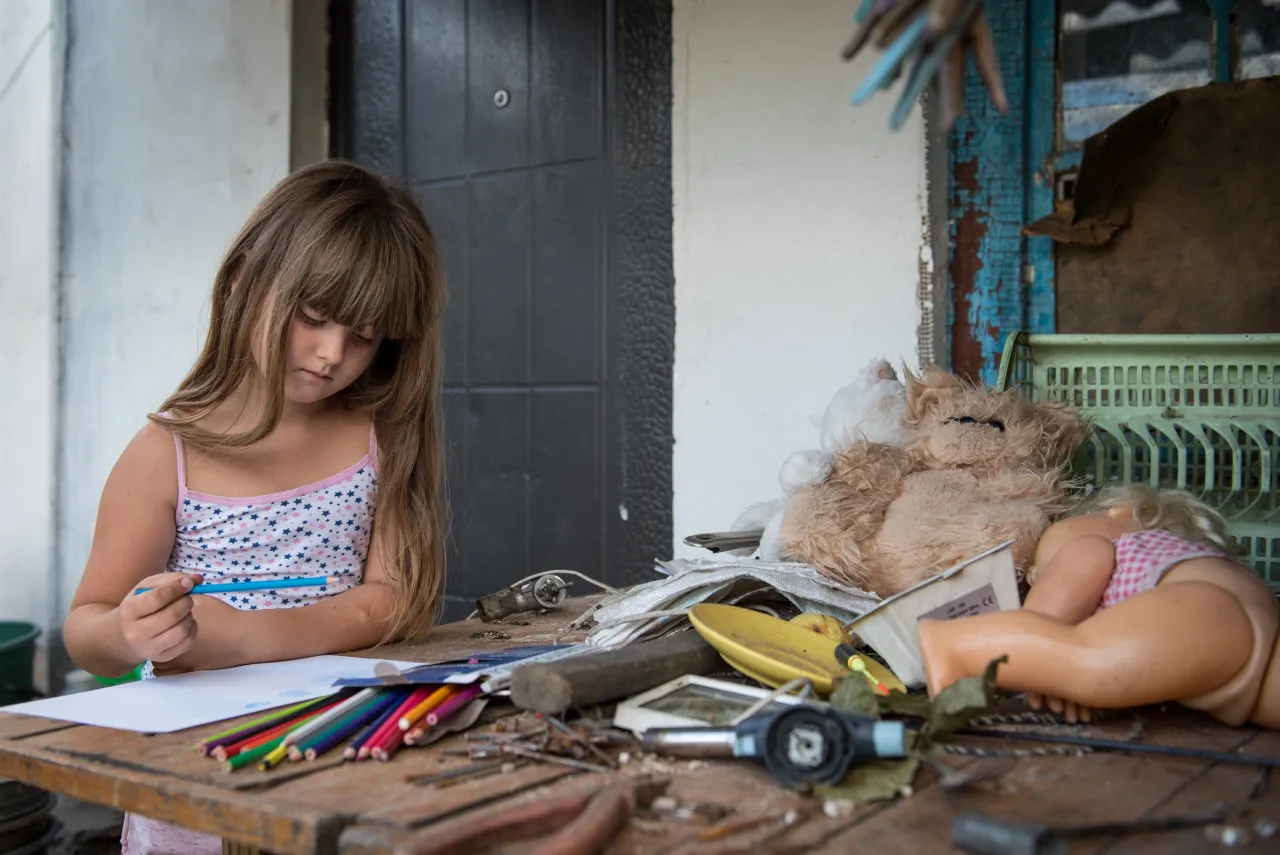
Education is not a luxury of peacetime. International humanitarian law contains rules that aim to ensure that people can continue to receive an education during armed conflict and that students, teachers and schools, and other educational facilities are protected from hostilities. Ensuring the continuity of education and a safe and adequate learning environment in spite of conflict and violence is a humanitarian and a development priority.
As a co-signatory of the pledge, the ICRC is a founding member of this new initiative and aims to bring its expertise on IHL and promote respect for the IHL rules which protect education during armed conflict. The ICRC will also contribute to knowledge exchange and sensitization efforts on the importance of education in emergencies, by bringing in its frontline experience.
The ICRC is particularly interested in learning from and supporting broader efforts to ensure preparedness and contingency planning, including by Ministries of Education, to minimize disruptions to education during conflict and violence. The goal is to put the spotlight on the education challenges facing populations that are hardest to reach and who are the most vulnerable, including those living along frontlines or in volatile areas, outside government control.
Following the systematic requests of affected communities for support with education, the ICRC's engagement in support of education was formally structured in 2017, with the adoption of its first framework and strategy on access to education. It steered its prevention, protection and assistance teams to consider ways in which conflict and violence disrupt education and to respond by enhancing access for children to schools.
At the moment, the ICRC runs education-related activities embedded in existing programs in around 30 operational contexts, including dedicated projects in five countries and a growing network of "access to education" focal points within its field teams.
We are looking forward to jointly addressing the systemic shortcomings which still hinder 127 million children and youth living in areas affected by armed conflict and violence to get a quality, safe education.

